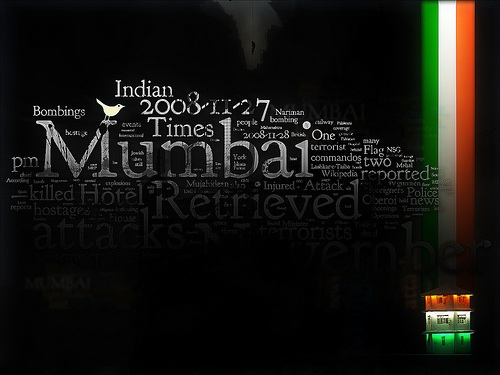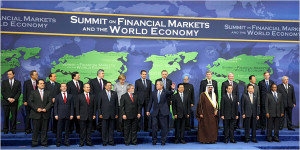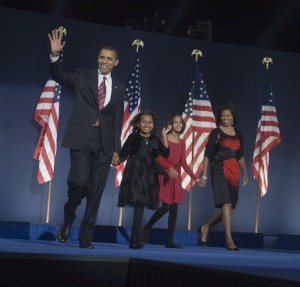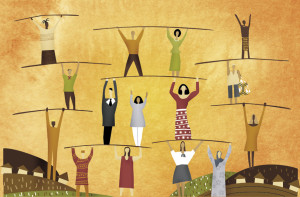What a week for crises!
Forget about the financial melt-down, the transition to the new president, or any of the really old news.
Last week was one for the record books.
The curtain rose Monday, December 8, on the usual tired old economic meltdown crises, particularly the prospect of an auto bailout (that still hasn’t happened).
Then things got curiouser and curiouser…
Not Available on E-Bay
 Tuesday Illinois governor Rod R. Blagojevich was arrested for trying to sell his appointment of President Elect Barack Obama’s vacant senate seat to a high bidder. He’s still governor (as of 3:30 PM Monday, December 15).
Tuesday Illinois governor Rod R. Blagojevich was arrested for trying to sell his appointment of President Elect Barack Obama’s vacant senate seat to a high bidder. He’s still governor (as of 3:30 PM Monday, December 15).






